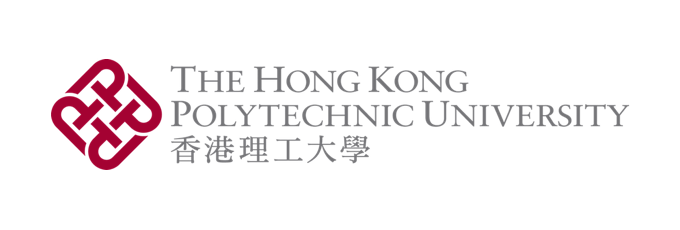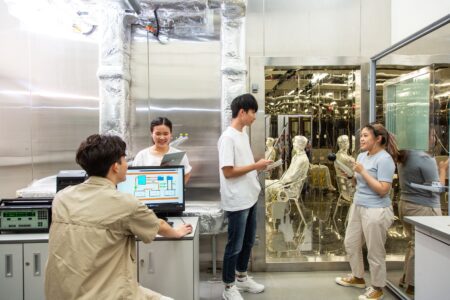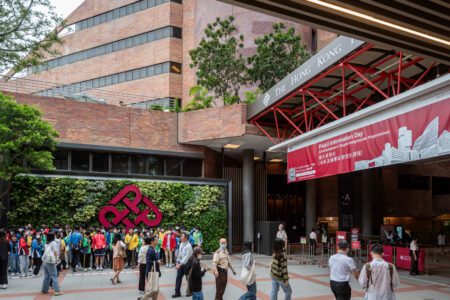Growing up in Kazakhstan, Uldana Kaliyeva witnessed the challenges in her city’s infrastructure firsthand. The daily bus ride to the city centre could stretch to an hour, with only a single bus serving her neighbourhood. Getting around required patience and careful planning.
As she grew older, she noticed even more pressing issues. Old regions are in need of redevelopment and the importance of sustainable development is not well perceived by the general public. Still, it wasn’t all bleak. New developments and companies were beginning to reshape the landscape. There were signs of innovative design, improved access, and safer spaces. These early glimpses of progress sparked a question in her mind: what if she could help lead that change?
That question led her to civil engineering, a field that combined her interests in design, sustainability, and problem-solving. Determined to play an active role in creating better cities, she set her sights on cities and universities renowned in this field.
“I immediately opted for Hong Kong as my study destination and The Hong Kong Polytechnic University (PolyU) has always been my top choice,” she says. “I realised that the curriculum in Civil and Environmental Engineering, along with the myriad of opportunities offered by PolyU, perfectly matched my aspirations.

Uldana Kaliyeva first discovered PolyU in high school through an alumnus’s social media posts and promotional events by PolyU staff. Source: The Hong Kong Polytechnic University
The Department of Civil and Environmental Engineering (CEE) at PolyU has established a global reputation over the past five decades. It is ranked #2 globally and #1 in Hong Kong in the US News & World Report Best Global Universities Rankings 2024–25 and the Shanghai Ranking’s Global Ranking of Academic Subjects 2024 for Civil Engineering. It is also ranked #17 in the world in the QS World University Rankings by Subject 2025 for Civil and Structural Engineering.
The Bachelor of Engineering (Honours) in Civil Engineering programme is designed to create versatile and capable graduates. It encompasses a wide range of subjects, including structural and environmental engineering, hydraulics, transportation, and construction management. Students are trained to undertake complex, interdisciplinary projects that address societal needs while remaining commercially viable.
Those who want to dive deeper into tech can choose a secondary major in Artificial Intelligence and Data Analytics (AIDA) from their second year onwards. This option blends civil engineering with machine learning and smart mobility applications, preparing students to lead future innovations in the industry.
“I learned how machine learning algorithms can optimise project planning, enhance predictive maintenance, and improve resource management,” Kaliyeva says. “Understanding these applications helped me realise that AI is a powerful tool that can drive efficiency and sustainability in engineering practices.”

John Martin Richard Bontia Enriquez, an incoming Year 4 Civil Engineering student with a secondary major in AIDA, says three key factors drew him to PolyU: location, culture, and ranking. Source: The Hong Kong Polytechnic University
A PolyU education always includes a strong focus on experiential learning that makes the most of the living laboratory they live and learn in. Students participate in field visits to active construction sites, including those using Modular Integrated Construction (MiC) techniques, and geological survey trips across Hong Kong’s New Territories. Hands-on training at the university’s Industrial Centre allows students to conduct more work in real construction environments. Lab sessions, a core part of the curriculum, help students connect classroom theories with physical, real-world processes.
John Martin Richard Bontia Enriquez, another student in the programme, can attest to this. One of the highlights for him was a Global Study course organised by the CEE Department, made possible by the city’s strategic location in the region.
“I was fortunate to join its first trip to Bangkok, Thailand, where I explored iconic megastructures like One Bangkok (a futuristic smart district) and King Rama IX Bridge, a marvel of engineering,” he says. “Even more valuable were the direct conversations with top Thai engineers and developers behind these projects. Discussing design challenges, sustainability strategies, and construction innovations gave me real-world insights no textbook could match.”
Studying in Hong Kong is advantageous for many other reasons. The city is an innovation and technology hub with strong ties to Mainland China and the wider Southeast Asia region through the Greater Bay Area. Students here are exposed to real-time projects, emerging technologies, and regional trends that shape the future of civil engineering.
Then there’s the demand for skilled civil engineers, which remains high across Hong Kong and the Asia-Pacific region. Infrastructure upgrades and large-scale developments are ongoing, offering a steady pipeline of internships and employment opportunities. Local civil engineers and firms from Hong Kong have also played key roles in global projects, including the Hong Kong-Zhuhai-Macau Bridge, Marina Bay Sands in Singapore, and even the reconstruction of the World Trade Centre site in New York.

Yedilbay Satybaldy was drawn to the programme’s innovative curriculum and strong industry ties, aligning with his goals in infrastructure development. Source: The Hong Kong Polytechnic University
For Yedilbay Satybaldy, studying in Hong Kong has been a life-changing experience. “This global city — where cutting-edge infrastructure meets deep-rooted traditions — has provided unparalleled exposure to both Asian and international perspectives, fundamentally shaping my worldview. I plan to remain in Hong Kong for the coming years to gain valuable corporate experience in structural engineering,” he says.
To support student success, PolyU offers a wide range of scholarships that recognise both academic and non-academic excellence. These are open to both local and non-local students. Special subsidies for students who participate in exchange programmes as well. These international opportunities help students broaden their perspectives while gaining valuable professional and personal experience.
Applications start 25th September, 2025!
Learn more about The Hong Kong Polytechnic University.
Follow The Hong Kong Polytechnic University on Facebook, X, Instagram, LinkedIn, and YouTube













